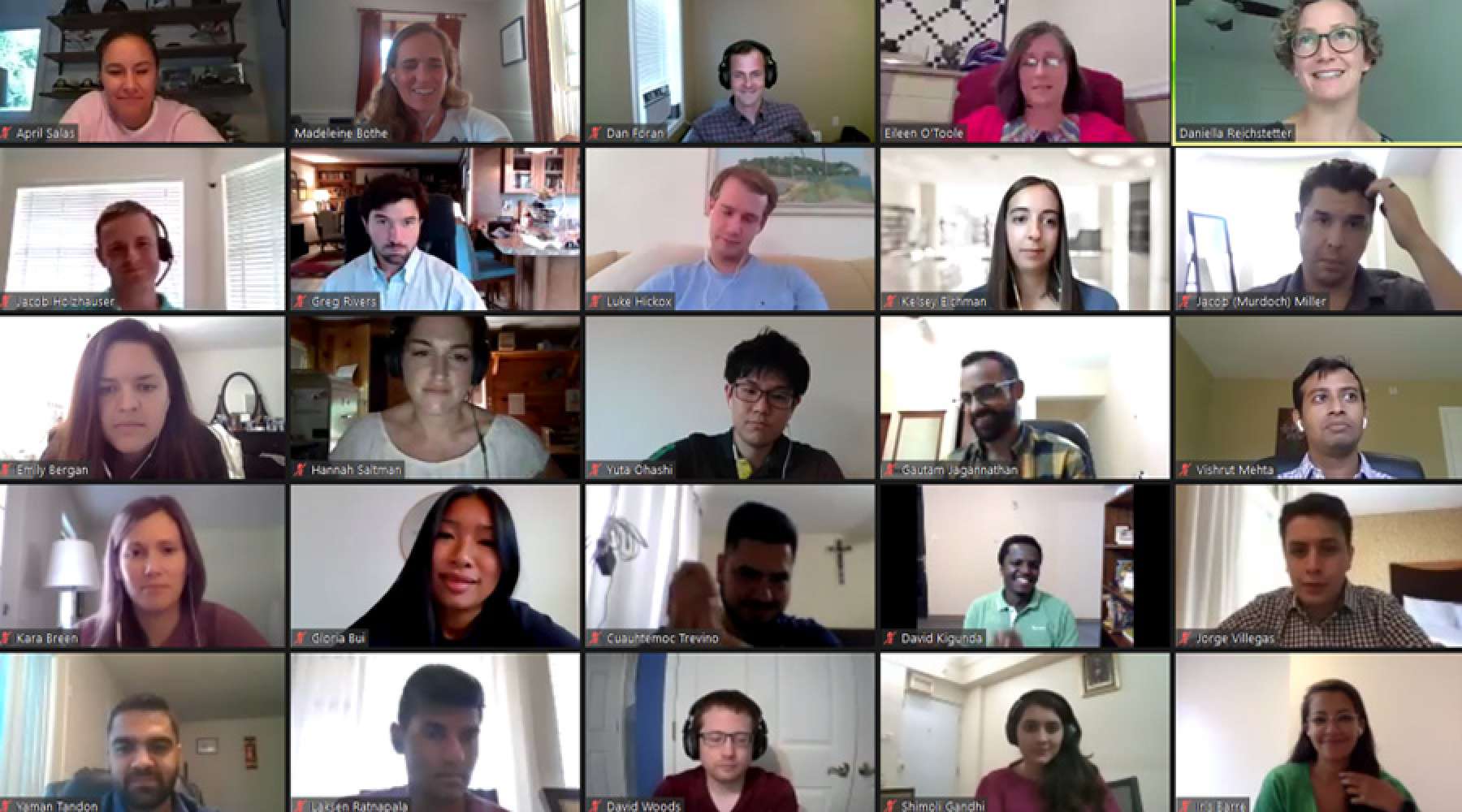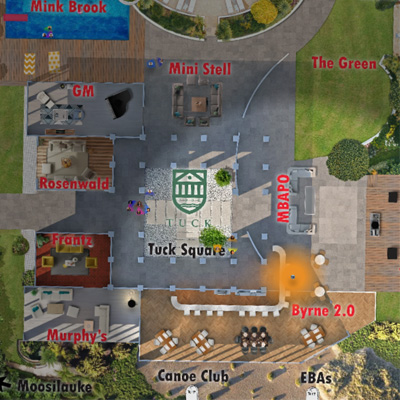

Having lived most of my life in Nigeria, my reality of the power and energy space was characterized by a lack of connection to the grid, incessant power cuts for those connected, inadequate energy sources, and very traditional electricity grids with little to no home-grown innovation. I have often wondered how different it would be in a developed economy with a developed energy ecosystem.
My objectives going into Tuck's three-day virtual Bay Area Ecosystem Deep Dive (EDD) program was to gain broader exposure to the energy ecosystem in a developed economy, develop strong networks in the energy space, and get closer to achieving my long-term goals for a global career in power and energy, and impact across Africa. I think this was largely accomplished.
During the course of the Tuck Bay Area EDD, I had the opportunity to meet seven companies in total—six in the power and energy space. Our virtual tour of Lingrove by the CEO and co-founder, Joe Luttwak, helped me gain insight into a sample facility of a startup clean-tech company in California, even though I was thousands of miles away in Lagos, Nigeria.
Further, I had the opportunity to connect with eleven other energy enthusiasts, some of whom already have extensive experience in the energy space. I look forward to more interactions with them and forming deep relationships with them over the next two years at Tuck and beyond.

High Fidelity, which is working to create online audio spaces for virtual gatherings, hosted students for a happy hour to test out the beta version of their product.
Lastly, I gained incredible insights related to the energy value chain from interactions with key companies and professionals, some of whom are Tuck alums. For instance, I was excited to learn about the work Elemental Excelerator, represented by Nneka Uzoh, was doing in spurring many power and energy startups by granting them necessary seed financing and mentoring opportunities. It was also interesting to learn how UtilityAPI created a niche for itself in making electricity data readily available to corporates who need it to adequately meet customer needs. I also particularly enjoyed the opportunity to engage with the Cypress Creek Renewables team as the interaction involved interesting conversations on renewables project development, development finance, and tax equity which are very relevant and important concepts. Other notable companies at the event were Volta Industries, Calpine, and 3Degrees.
Overall, I gained clear insight into the power and energy space in the U.S. I now better understand the renewable energy value chain and I received guidance on how to learn more about the energy sector in the U.S. I am grateful for the leadership of April Salas and Madeleine Bothe who were very instrumental in this remarkable learning experience.
Ayokunle (Ayo) Adare T’22, CFA, is a trained engineer with an undergraduate degree in electrical and electronics engineering, and a holder of a graduate degree in power systems engineering from University of Manchester (United Kingdom). He has spent six years of his career in the financial services space in deals advisory and infrastructure finance while working at PwC and InfraCredit. He worked on projects that cut across various sectors including power, renewables, oil and gas, transportation, and telecommunications. This year’s Ecosystem Deep Dive program was led by the Center for Entrepreneurship and the Revers Center for Energy.